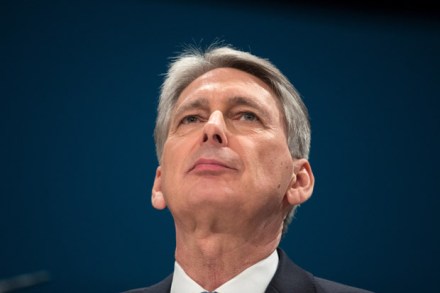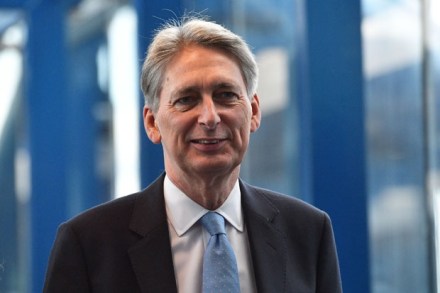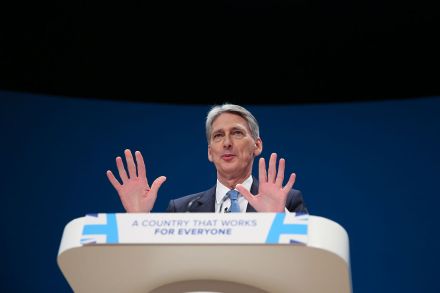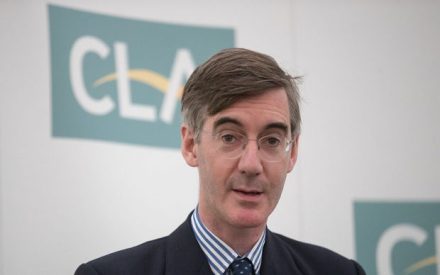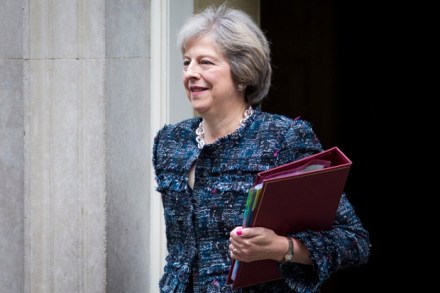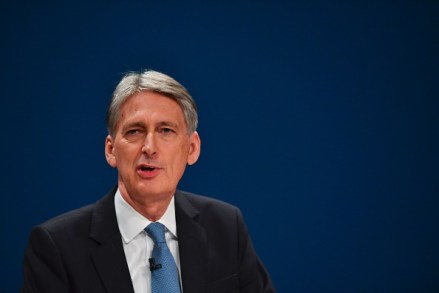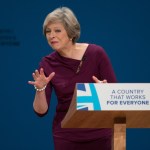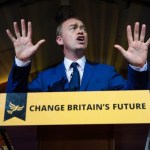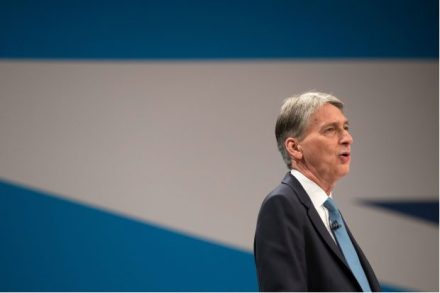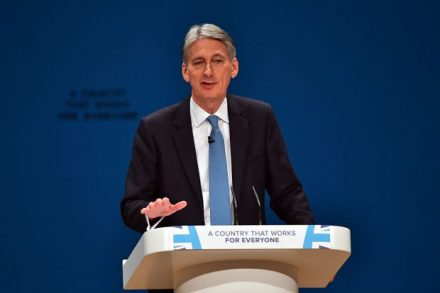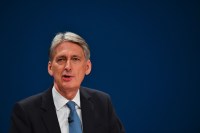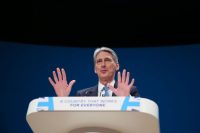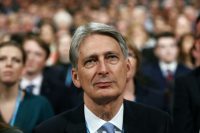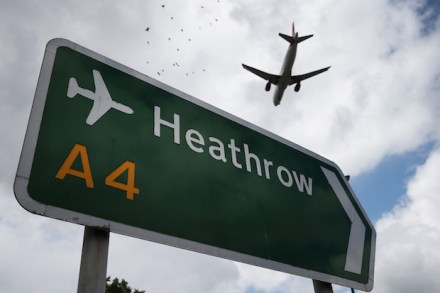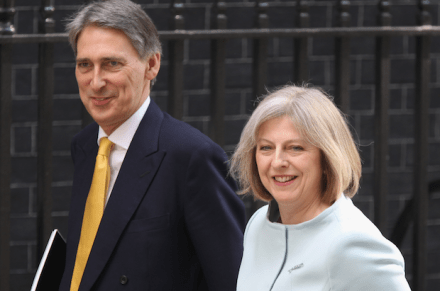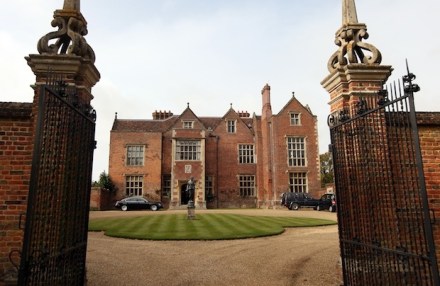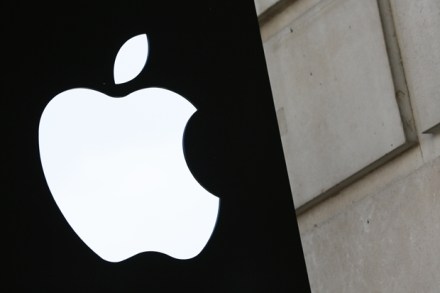The economic consequences of Philip Hammond
What are now called ‘fiscal events’—the Budget and the Autumn Statement—have become the biggest dates in the Westminster calendar. The Chancellor lights up the landscape with political pyrotechnics. There are attempts to bribe prospective voters through tax and spending changes, a litany of pork-barrel projects designed to help individual MPs, and fiendishly complicated schemes no one expects. But with the Treasury under new management, this will all change on Wednesday. Philip Hammond is the least political Chancellor Britain has had for quite some time. The two longest-serving incumbents of recent times, George Osborne and Gordon Brown, doubled up as electoral strategists whose fiscal policies were informed, above all, by political
